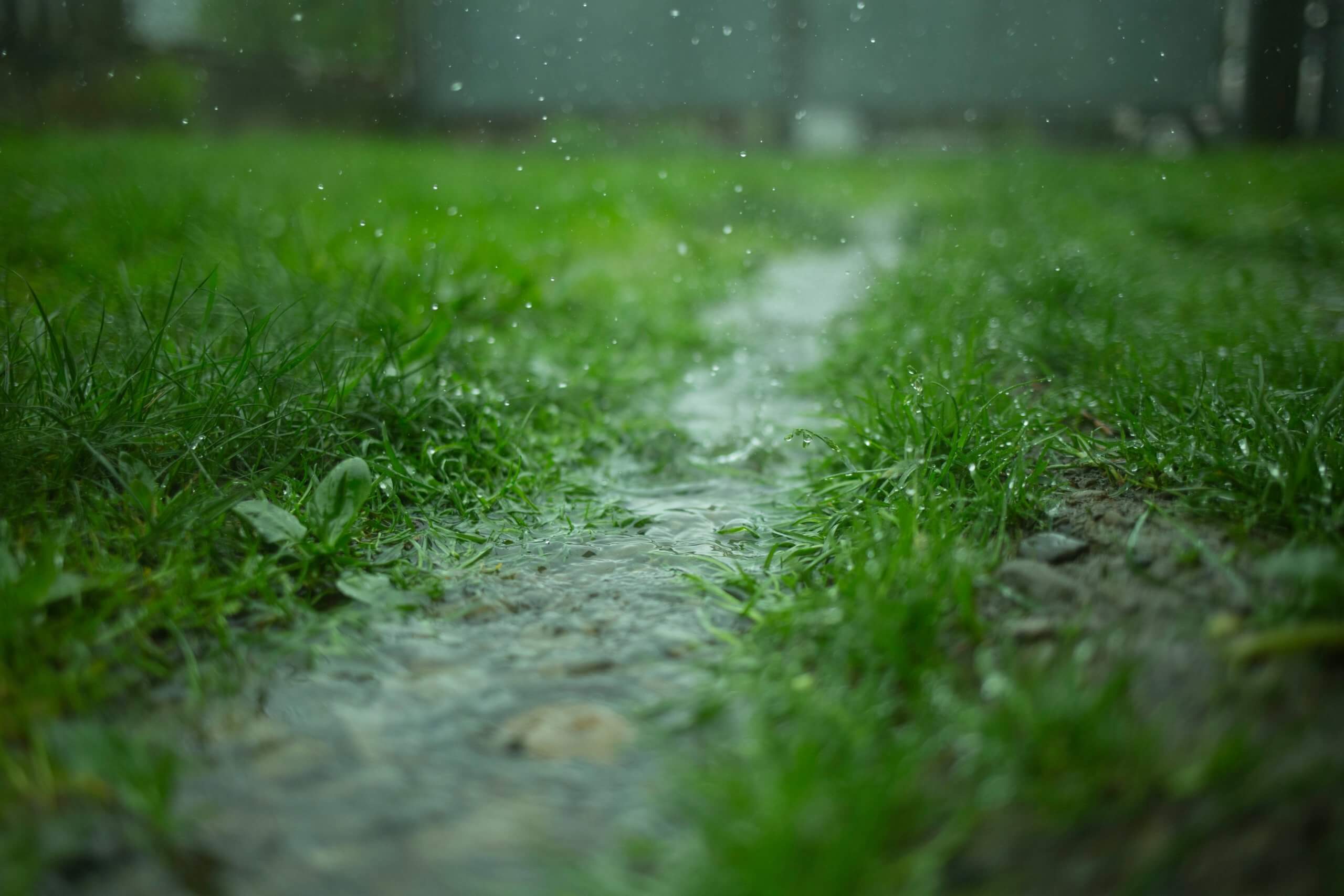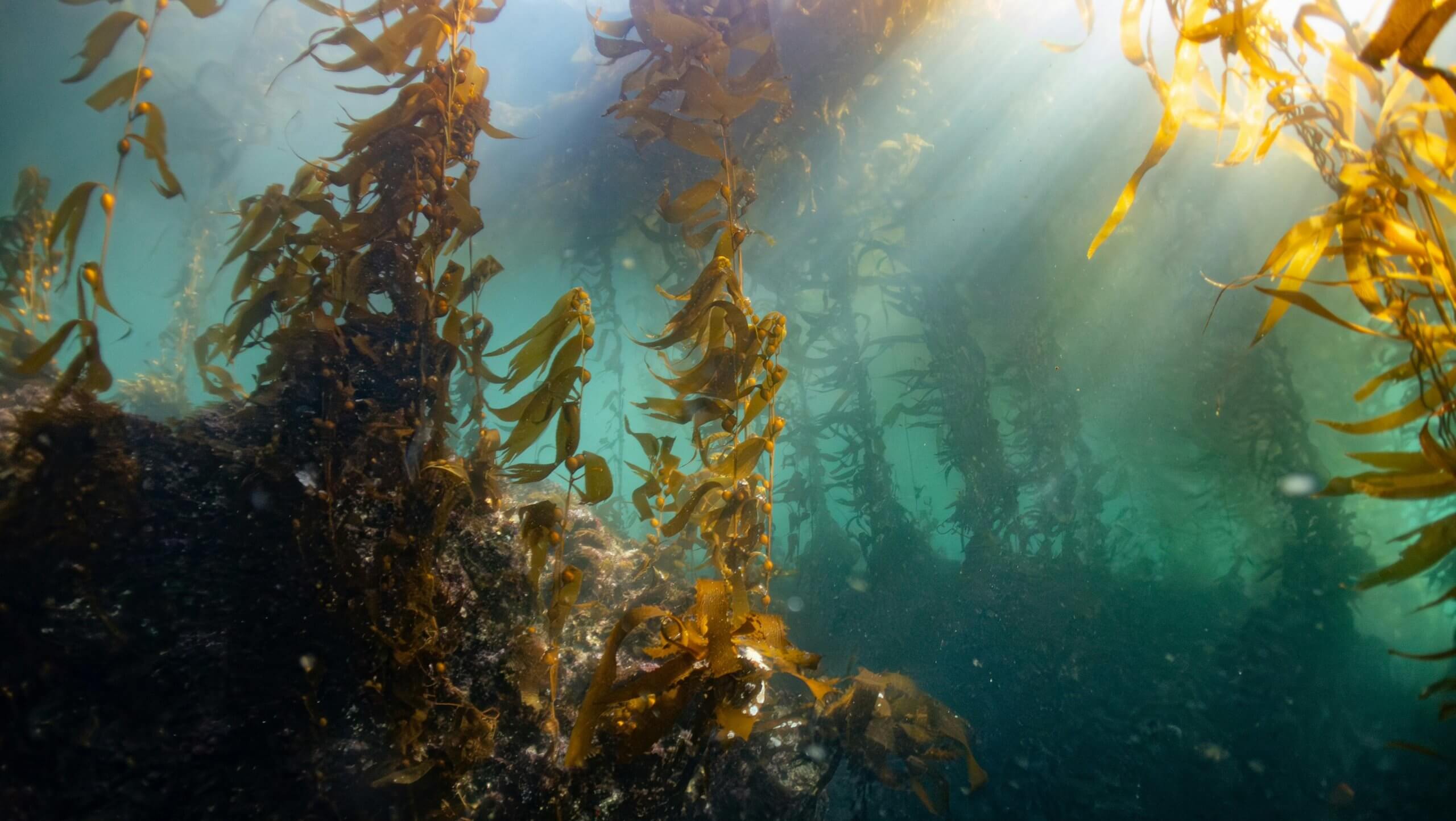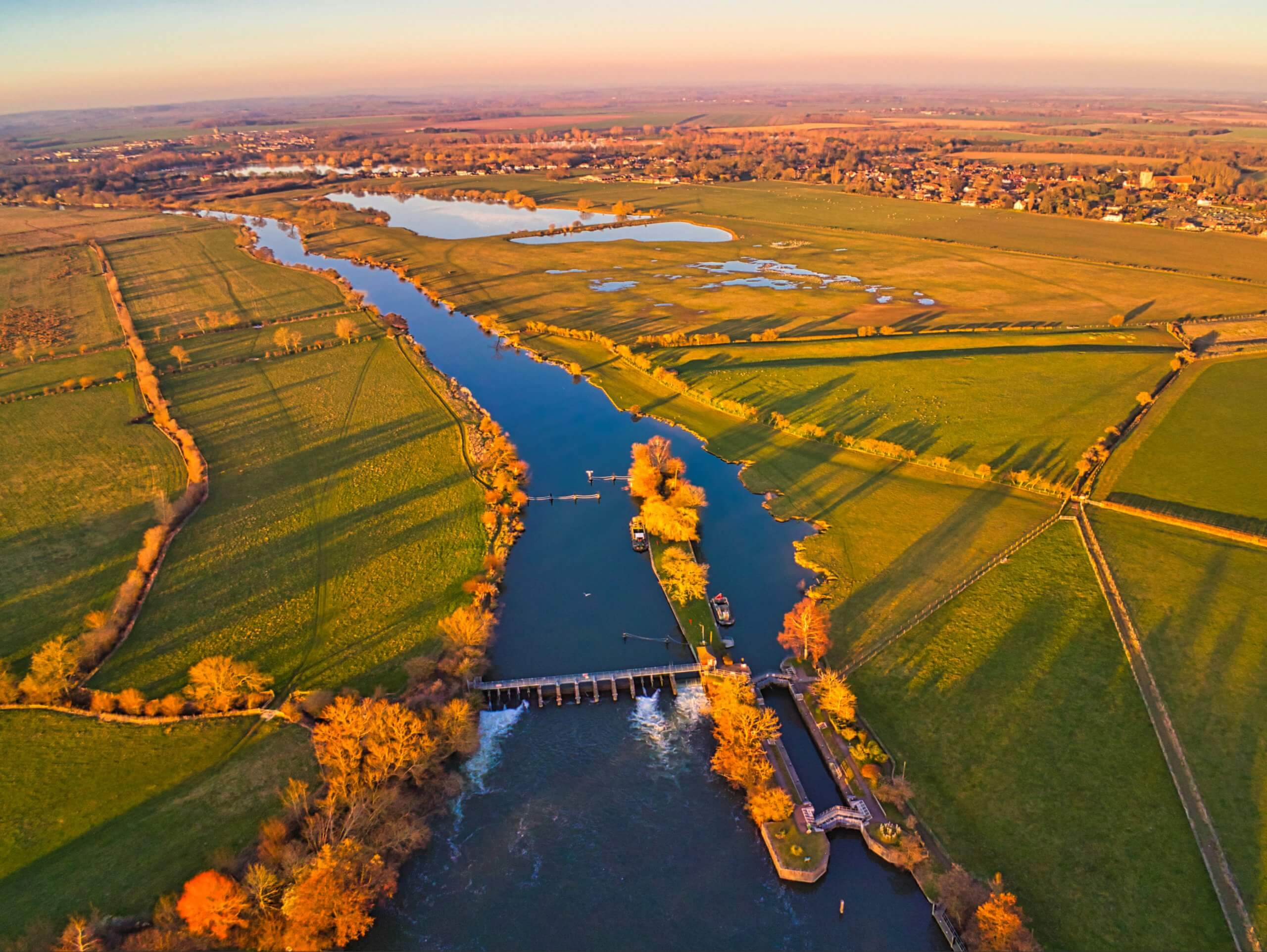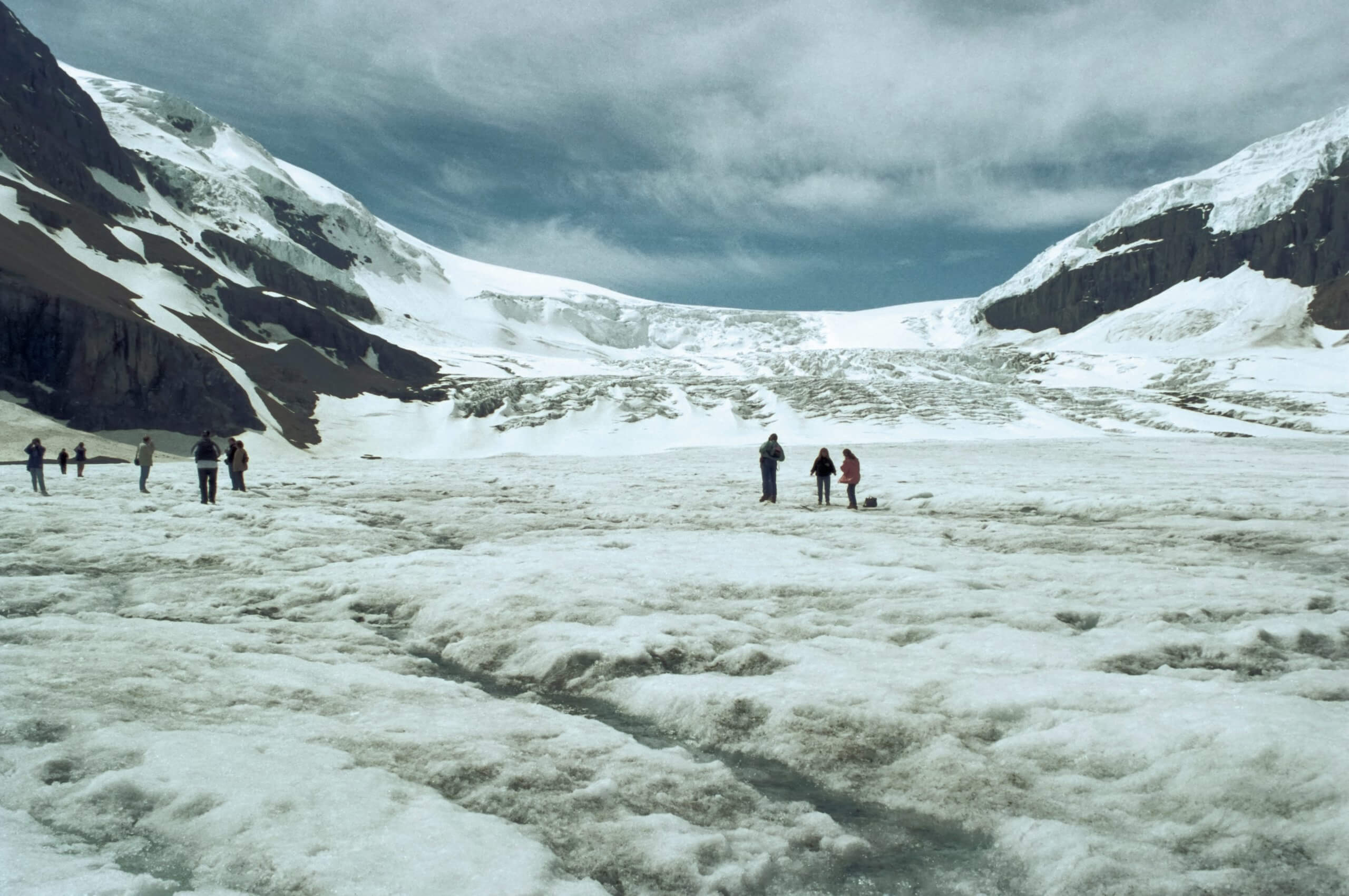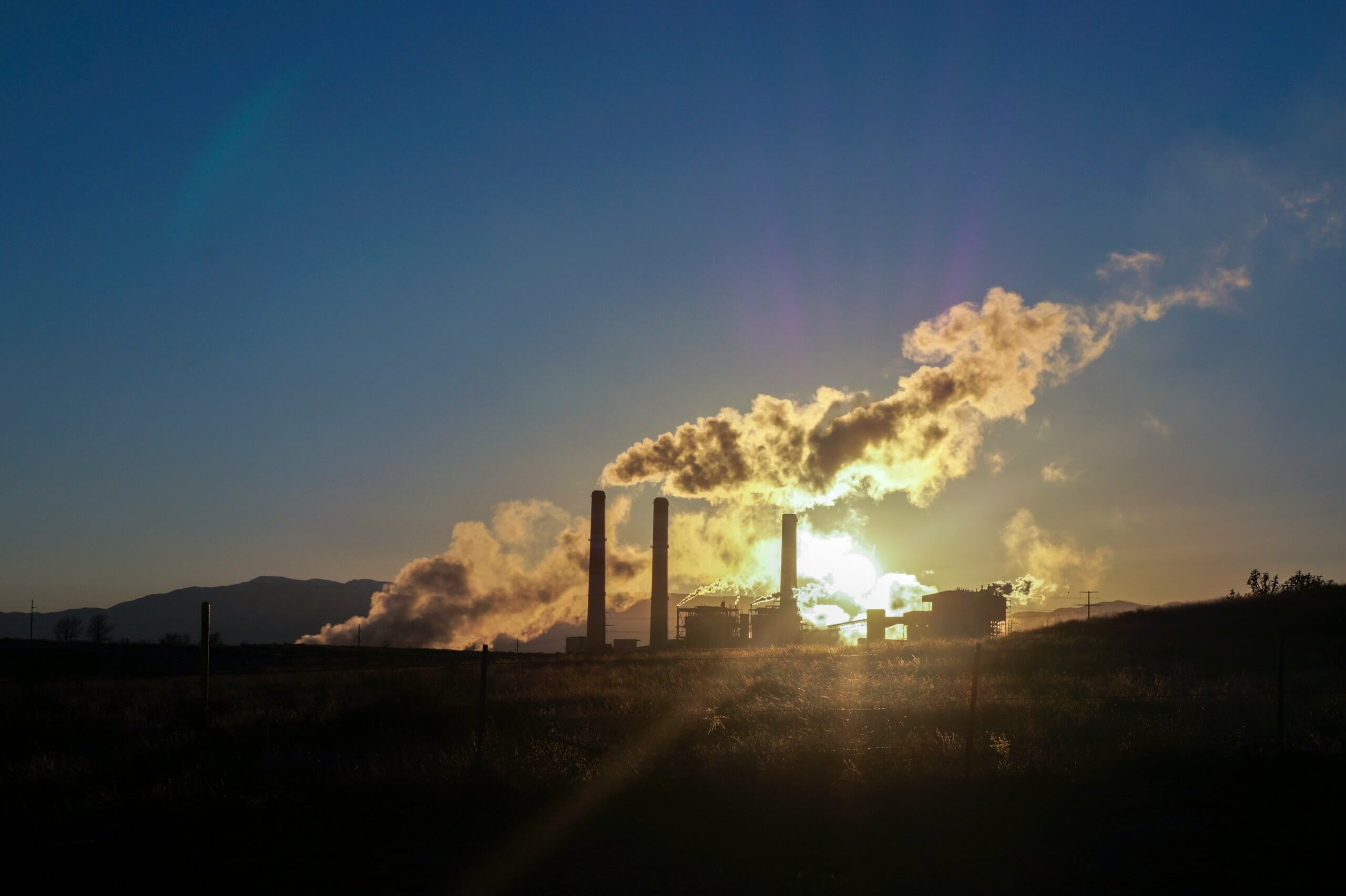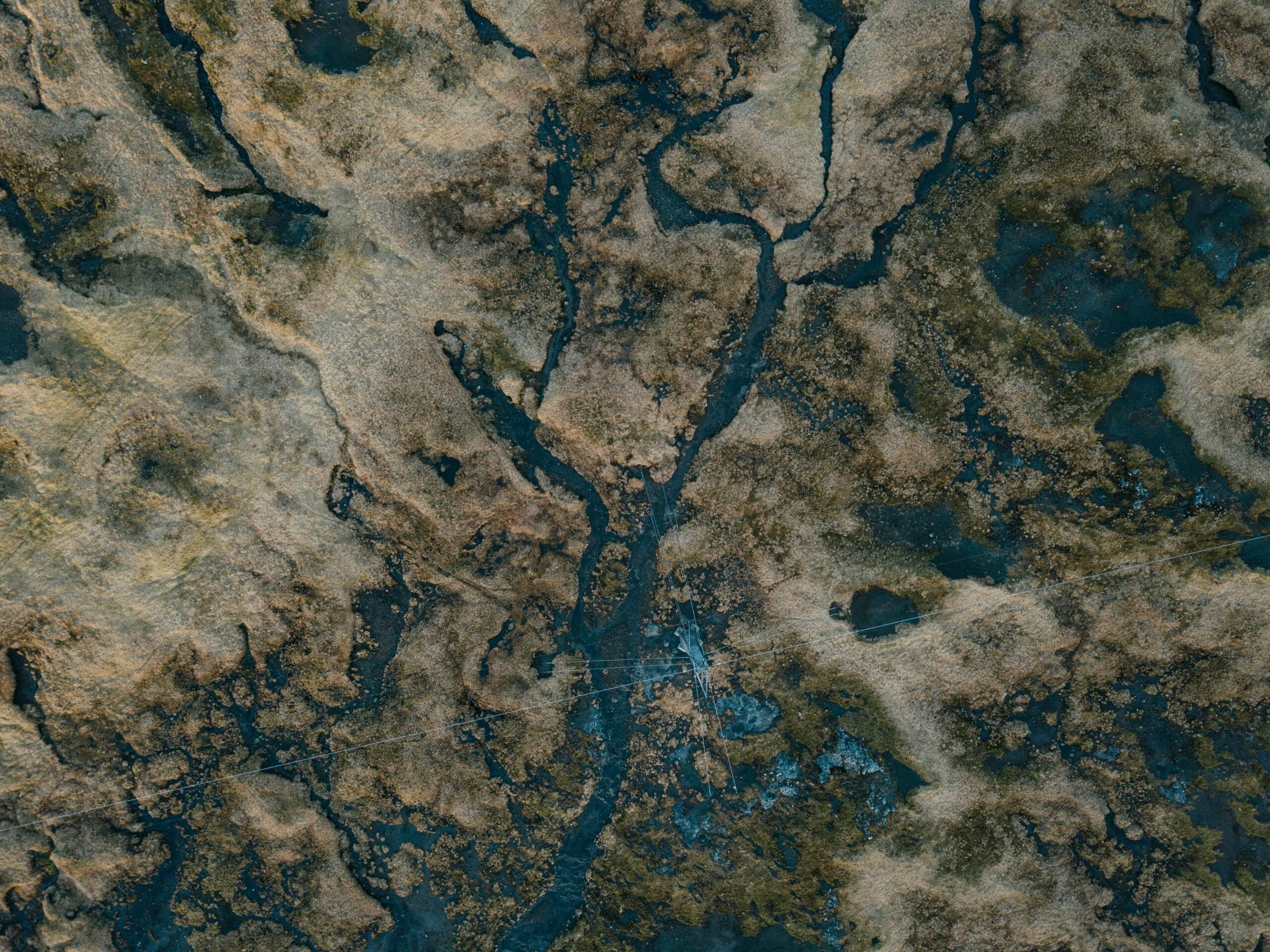Youth-Led Organisations Improve Flood Education and Adaptation Measures in Nigeria and Uganda
Two youth-led organisations, Green Quest and SV4CASH (Smart Village for Climate Action Self-Help) are helping to educate residents in Nigeria and Uganda, where climate-driven flooding destroys critical infrastructure and homes, and displaces and threatens thousands of families each year.
Their strategies focus on education first. Young volunteers will teach neighbours about flood preparedness, waste management, and early warning systems through interactive games, storytelling and hands-on learning. They will also create community-based early warning initiatives, so residents get alerts before water rises, giving families critical time to evacuate and secure belongings.
The projects also plan to build natural solutions like rain gardens and permeable pavements that reduce standing water and improve drainage across the communities. Additionally, volunteers will organize drainage maintenance campaigns and cleanup drives to reduce flood risk factors.
The projects intentionally weave in local knowledge and Indigenous traditions, ensuring solutions fit the specific needs and culture of each area while building on what residents already know works. They also showcase the power of youth action, demonstrating that young people are creating solutions to the climate challenges.
Heatwaves – Australia’s Soaring Summer Temperatures
Australians are no stranger to hot weather but since the 2019/20 bushfires, which burned through an area the size of the UK, the arrival of warmer weather is often accompanied by dread.
In the first week of January, South-East Australia experienced its most significant heatwave since the 2019/20 bushfires, with temperatures reaching up to 45°C. At the end of January another heatwave hit, with temperatures in the small town of Andamooka reaching 50°C, only the eighth time this has happened in recorded history in Australia.
Climate scientists have been able to conclude that these extreme heatwaves were made five times more likely by the climate crisis. The impact on human and wildlife’s health is marked; extreme heat is the most common cause of weather-related hospitalisations and species such as Koalas and Flying Foxes are struggling to find water.
As in other parts of the world, the pressure to turn away from fossil fuels will only keep growing. Residents and conservationists in Australia are calling for more immediate action to be taken and for the government to move away from fossil fuels. Since 2022, the government has approved 33 new coal and gas developments or extensions, which will release a significant amount of greenhouse gases over their lifetimes.
Tackling Construction Industry Emissions with Coffee Grounds Concrete
Researchers in Australia have developed coffee grounds concrete that’s 30% stronger than traditional concrete while reducing carbon dioxide emissions by 26%.
Over six million tonnes of coffee waste is produced globally. Most of this waste ends up in landfills, but scientists at RMIT University are hoping to change that. They discovered that by heating the coffee waste up to 350°C, without oxygen, they can create biochar, a stable material that can replace sand in concrete.
The results show clear environmental benefits. Traditional concrete production relies on sand mining, which damages ecosystems and generates significant carbon emissions, and concrete alone accounts for about 8% of global CO2 emissions. Replacing just 15% of sand with coffee biochar cuts CO2 emissions by 26% and reduces fossil fuel consumption by 31%. It also eases pressures on river and lake ecosystems where sand mining traditionally takes place.
Scientists are continuing to research and test the material, including optimal production methods and long term durability, and are hoping to bring it into widespread adoption soon.

